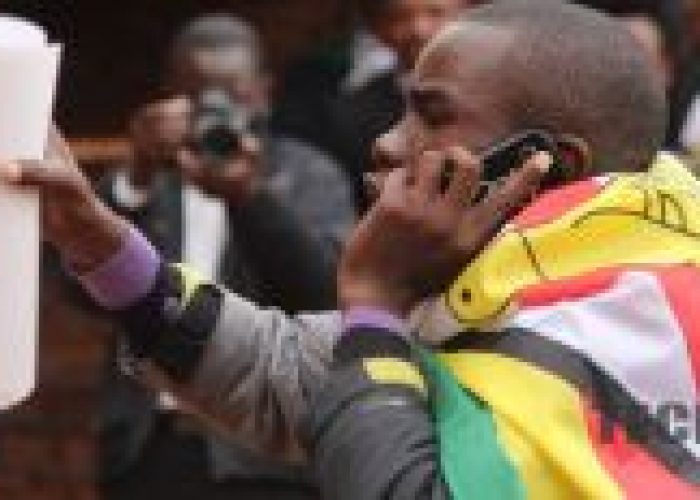



Early morning on Tuesday the 15th of January 2019 Zimbabweans from all over the country discovered they were failing to connect to their beloved WhatsApp neither could they access Facebook and Twitter. The reason: the government had ordered internet service providers to block access to these services in response to labour protests on urban streets which had turned violent. As the day progressed, things actually got worse connectivity wise: the internet was completely switched off.
The internet was restored some 18 hours later before being switched off again for some extra 10 or so hours. WhatsApp and social media remained inaccessible until the following Monday evening.
There was a lot of debate around the legality of this move by the Zimbabwean government. Sadly, some of the debate even in comments to our articles was focused on whether the demonstrations were violent or not. Some were thus saying it was good that the government switched off the internet to ‘prevent loss of life and property.’
That kind of reasoning is very dangerous and Zimbabweans fall into it quite a lot. In a constitutional democracy such as we claim to be, it’s not about the good intentions or lack thereof of leadership. Every action is either right or wrong based on whether the laws allow such action or not. Our conclusion (a number of legal bodies agreed with us) was that the action was illegal.
On Monday the 21st, six days after social media and other sites had been blocked in Zimbabwe, Judge Tagu of the High Court ruled that the block and the switching off of the internet was illegal. He ordered that the block over social media be immediately lifted and this order was complied with.
The piece of legislation that the government hid behind as the one that empowered them to switch off the internet is The Interception of Communications Act. In our view the bigger legal matter was whether this law even gave the government any such power to begin with. We believe it doesn’t.
However, Judge Tagu’s judgement was not on that matter. On the day the ruling was handed down we argued thus:
Justice Tagu did not make a ruling on whether the Interception of Communications Act allows for the switching off of the internet or any communication systems. The fact of the matter is that this act only permits the president to issue a warrant or directive to intercept communications but not to stop communication altogether.
The ruling was about WHO made the order and not about whether the law itself says such an order can be made.
So Judge Tagu ruled that the Interception of Communications Act can only be administered by the president. This is true, that is what the law says. The ruling was thus a technical one that said the Minister of State Security who had administered the Act was not empowered to administer it.
However, the Act itself only empowers the president to order the ‘interception of communications’ for example to intercept and open a letter but not to block communication altogether for example to outlaw the writing of letters.
An even bigger ruling that was not made was on the constitutionality of blocking the internet in the first place. The question is: Whether or not the Communications Act permits the president to switch off the internet, is it constitutional for this to happen? If ruled unconstitutional then whatever present law or future law that permits the switching off of the internet will be declared null; and void.
The constitutionality question is very important because if for example it is ruled that the Interception of Communications Act doesn’t permit the president to switch off the internet, parliament can still pass a law that permits him or the president can always use his favourite instrument: The Temporary Powers thingy…
In saying all this, we are not saying we have to be right. We are saying that we want the court to explicitly decide if indeed the Interception of Communications Act gives the president power to switch off the internet. Even more so, we want the court to decide if switching off the internet is constitutional. If they court says it is then at least we will know.
There is talk of protests being organised by Zimbabwe’s main opposition political party. The question arises of whether the government will pull the January stunt and switch off the internet again. Well, the government was never apologetic about doing so in January. President Mnangagwa’s spokesperson was quite arrogant in his remarks during the shut down exposing a lot of ignorance in the process.
The government most likely knows very well that the Interception of Communications Act doesn’t permit them to switch off the internet. However, there was no ruling that said they interpreted the law wrong so they will pretend to be stupid if they want to. If the internet will indeed be switched off this Friday, it will be President Mnangagwa who would have signed the directive citing the Interception of Communications Act.
The post Court Decision Was Inadequate, Internet May Be Shut Down Again appeared first on Techzim.